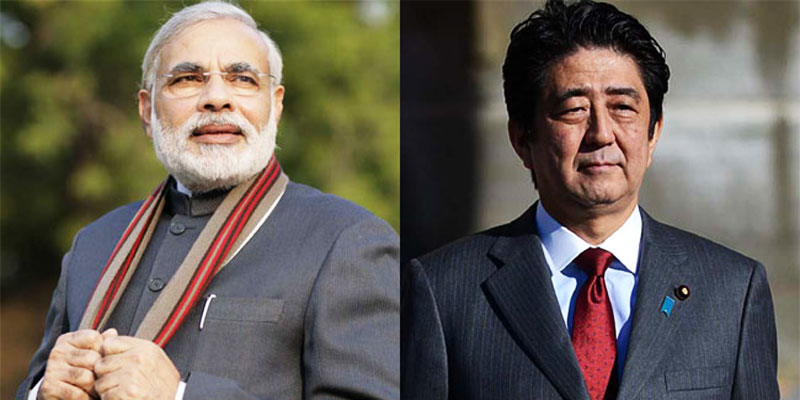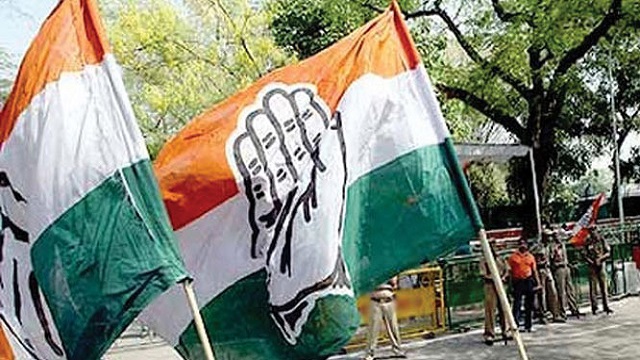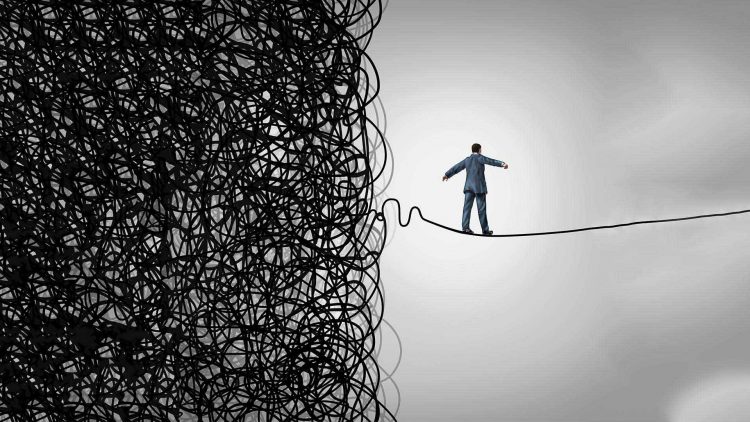The Japanese side is not very comfortable with the Indo-US template. Japan has been the sole victim of a nuclear attack.
Prime Minister Narendra Modi has begun his keynote address for the civil nuclear deal that India and Japan are trying to iron out today.
According to the Indian Express, ahead of Monday’s summit talks, Indian and Japanese negotiators were working till late on Sunday night to conclude the civilian nuclear deal. The Indian negotiators are staying at a hotel located near the Japanese Foreign Ministry and PM Shinzo Abe’s offices.
It should be noted that Delhi wants Tokyo to accept the “Indo-US nuclear deal template”. As per this template, in case of a nuclear test, the two countries must hold consultations for a year and then decide on termination.
But the Japanese side is not very comfortable with this template. Japan has been the sole victim of a nuclear attack. Given this history, an Indo-US kind of template will be politically unacceptable for the Abe government.
In addition to this, Japan Foreign Minister Fumio Kishida is a member of parliament from Hiroshima, the site of one of the two nuclear attacks on Japan. While he has publicly not spoken out against the deal, Kishida’s constituency and supporters have strong sensitivities attached to a nuclear agreement with a country that has not signed the Nuclear Non-Proliferation Treaty.
However, as per Reuters, a civil nuclear energy pact with India would give Japanese nuclear technology firms such as Toshiba Corp and Hitachi Ltd access to India’s fast-growing market as they seek opportunities overseas to offset an anti-nuclear backlash at home in response to the 2011 Fukushima nuclear accident.
India operates 20 mostly small reactors at six sites with a capacity of 4,780 MW, or 2 percent of its total power capacity, according to the Nuclear Power Corporation of India Limited. The government hopes to increase its nuclear capacity to 63,000 MW by 2032 by adding nearly 30 reactors.
But the Economic Times is more pessimistic about India’s nuclear ambitions. It says that it was earlier hoped that the deal, negotiations for which were launched by the previous UPA government, would be clinched during Modi’s trip. However, it is not yet clear whether the logjam will be broken during this trip.
According to ET, PM Modi will give a personal assurance to his counterpart Abe to assuage Japanese concerns, particularly over nuclear tests, and pave the way for a breakthrough in the near future.
However, ET ends it on a positive note. The deal has a provision giving Turkey the right to enrich and reprocess fuel procured under the agreement with Japan. Abe shares a good chemistry with the Turkey’s President R Erdogan, as he does with Modi. Japan wants to add a clause in the text of the agreement that provides for automatic termination of the bilateral nuclear cooperation if India conducts tests.
Whatever the outcome, PM Modi’s Japan trip will only be called successful.
Prime Minister Narendra Modi has begun his keynote address for the civil nuclear deal that India and Japan are trying to iron out today.
According to the Indian Express, ahead of Monday’s summit talks, Indian and Japanese negotiators were working till late on Sunday night to conclude the civilian nuclear deal. The Indian negotiators are staying at a hotel located near the Japanese Foreign Ministry and PM Shinzo Abe’s offices.
It should be noted that Delhi wants Tokyo to accept the “Indo-US nuclear deal template”. As per this template, in case of a nuclear test, the two countries must hold consultations for a year and then decide on termination.
But the Japanese side is not very comfortable with this template. Japan has been the sole victim of a nuclear attack. Given this history, an Indo-US kind of template will be politically unacceptable for the Abe government.
In addition to this, Japan Foreign Minister Fumio Kishida is a member of parliament from Hiroshima, the site of one of the two nuclear attacks on Japan. While he has publicly not spoken out against the deal, Kishida’s constituency and supporters have strong sensitivities attached to a nuclear agreement with a country that has not signed the Nuclear Non-Proliferation Treaty.
However, as per Reuters, a civil nuclear energy pact with India would give Japanese nuclear technology firms such as Toshiba Corp and Hitachi Ltd access to India’s fast-growing market as they seek opportunities overseas to offset an anti-nuclear backlash at home in response to the 2011 Fukushima nuclear accident.
India operates 20 mostly small reactors at six sites with a capacity of 4,780 MW, or 2 percent of its total power capacity, according to the Nuclear Power Corporation of India Limited. The government hopes to increase its nuclear capacity to 63,000 MW by 2032 by adding nearly 30 reactors.
But the Economic Times is more pessimistic about India’s nuclear ambitions. It says that it was earlier hoped that the deal, negotiations for which were launched by the previous UPA government, would be clinched during Modi’s trip. However, it is not yet clear whether the logjam will be broken during this trip.
According to ET, PM Modi will give a personal assurance to his counterpart Abe to assuage Japanese concerns, particularly over nuclear tests, and pave the way for a breakthrough in the near future.
However, ET ends it on a positive note. The deal has a provision giving Turkey the right to enrich and reprocess fuel procured under the agreement with Japan. Abe shares a good chemistry with the Turkey’s President R Erdogan, as he does with Modi. Japan wants to add a clause in the text of the agreement that provides for automatic termination of the bilateral nuclear cooperation if India conducts tests.
Whatever the outcome, PM Modi’s Japan trip will only be called successful.





